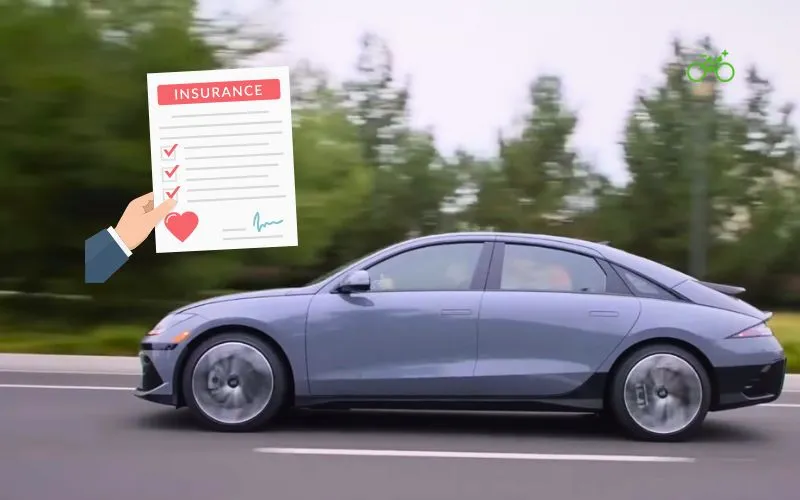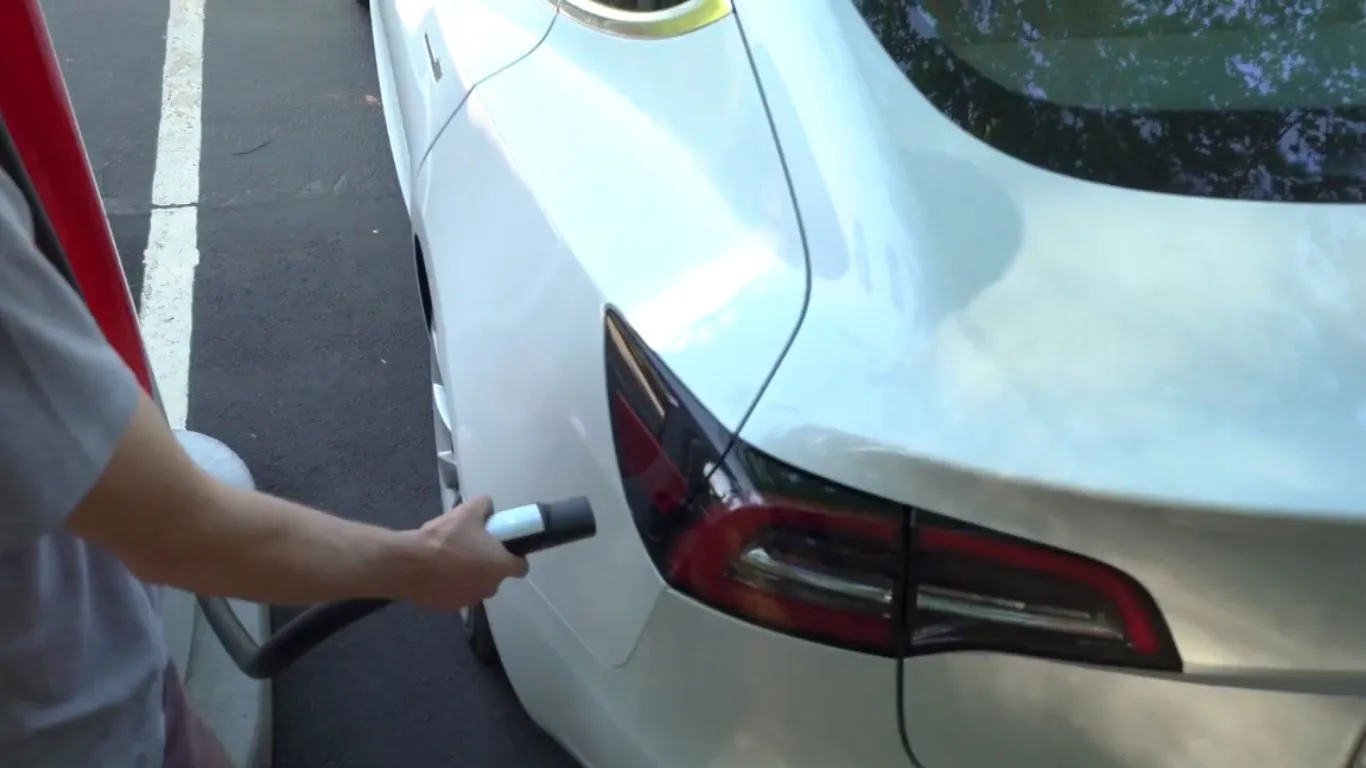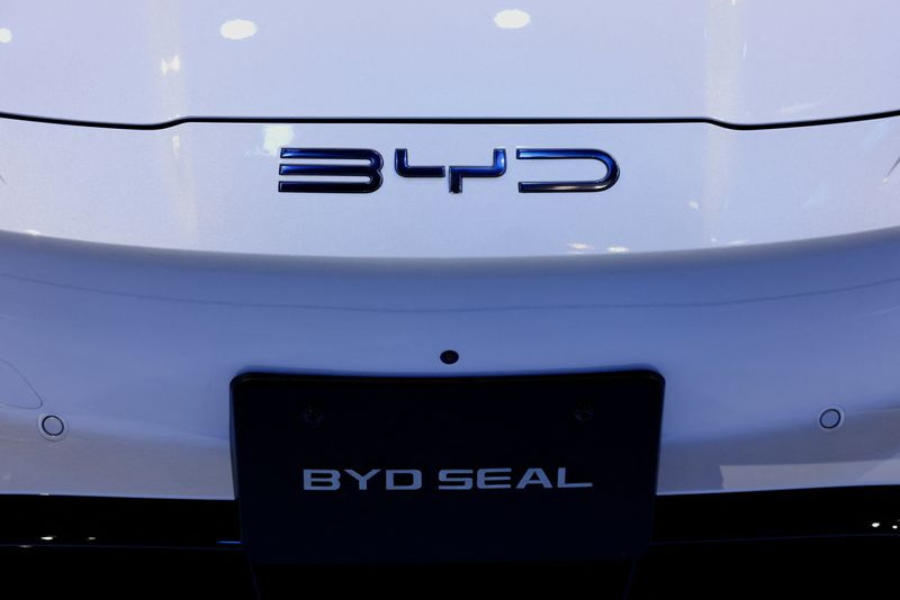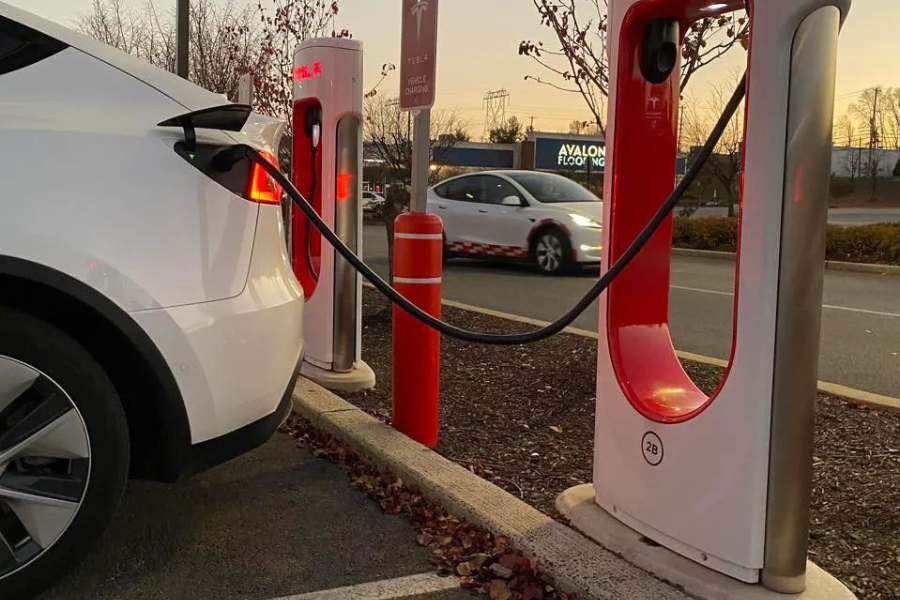Electric cars are becoming trendy among potential buyers because they are eco-friendly and provide an alternative to gas-powered cars. Although, many hidden costs of owning an electric car are not apparent initially.
These expenses can significantly affect the cost of ownership. Here, I will examine the ten hidden cost of owning an electric car that could make your life miserable.
This blog will explain several expenses, including how much it costs to charge on the move and how the performance of electric cars is affected by temperature.
10 Hidden Cost of Owing An Electric Car
1) Higher Upfront Costs
The upfront cost of purchasing an electric car is far higher than traditional gas-powered cars. Costly batteries and specialized technologies are needed for electric automobiles, which have yet to be extensively used.
Many people wanted to ask: Do electric cars pay for themselves? The answer is sometimes yes. Moreover, the supply of electric vehicles is constrained, which may increase prices. The steep price of electric cars doesn’t need to demotivate you because they use less energy than fossil-fueled cars.
2) Charging on the Road
You might require a quick recharge when using an electric car. Despite the fantastic ranges that some electric vehicles provide, you should still plan on making longer trips.
Charging on the go can be expensive because you’ll need public charging stations. The charging cost from these stations may differ and be more expensive here than at home. Additionally, estimate the time it takes to charge your automobile, which might take longer than refueling.
3) Elevated Registration Fees
Be prepared to pay high registration fees when buying an electric car. Many states base their registration fees on a vehicle’s weight, and electric cars are heavier due to their battery packs.
4) Ever Increasing Insurance Premiums

Insurance companies consider electric cars more expensive to repair and replace, so your premiums will be higher to cover these costs. Furthermore, electric vehicles have unique features and technologies not yet well understood by many insurers, leading to ever-increasing changes in premiums.
5) Battery Replacement
An electric car’s battery is one of the most expensive and crucial components to replace. Usually, battery replacement costs are round about $5,500 or above. To extend the life of your battery, it’s essential to properly maintain it by keeping it at the optimal temperature and avoiding frequent fast charging.
6) Unlocking Add-Ons
The thrilling part of having an electric car is add-ons unlocked that might also result in additional expenses. Some add-ons are bundled with the purchase price, while others are chargeable extras.
It’s simple to become over-excited by the alternatives available but remember how much they will ultimately cost. Consider which extras are necessary for your requirements; you may feel electric cars could be more valuable.
Popular add-ons include enhanced sound systems, heated seats, and advanced navigation systems. But each of these comes with an additional cost, which can add up quickly.
7) Excessive Repairing Cost
Higher repair costs are one of the e-car owner’s unexpected expenses. You might be shocked to find that repairs for electric automobiles are more expensive than conventional gas-powered vehicles.
You must understand how complicated the technology in these electric cars is. Since they have more complex parts, specialized tools are needed to fix them. In addition, more qualified mechanics are needed to be trained to work on electric cars, which can drive up the cost of repairs.
8) Home Charging Station
One of the bank-breaking hidden costs is setting up a charging station at home. Even though charging your automobile at home is convenient, installing a charging station may be expensive.

Your electric car may be charged conveniently at home with a charging station. You are responsible for paying for any installation fees and electrical system upgrades in your house. The charging station itself is pricey as well.
However, it would help if you considered the installation charges before purchasing because they might be a considerable financial burden.
9) Temperature Issues
You must know the impact temperature has on your electric car’s performance. Extreme heat or cold can affect the battery’s ability to hold a charge and reduce lifespan; that’s why electric cars are a mistake.
In cold weather, you may need to preheat your car before driving to ensure optimal performance. In hot weather, you may need to find shaded parking to prevent overheating. Additionally, heating or air conditioning can drain the battery and reduce driving range.
10) Requires Maximum Charging Time Than Traditional Fueling
When owning an electric car, charging time is a crucial consideration. Charging an electric vehicle can take many hours, depending on the kind and power of the charger, as opposed to standard filling, which takes a few minutes.
This may be a pain, significantly, if you must drive long distances and often stop to charge your vehicle. Even with fast chargers, charging an electric car to full capacity can take up to an hour or more.
The battery life of an electric car is typically around 8-10 years or 100,000-200,000 miles but can vary depending on usage and environmental factors.
Owning a Tesla has several hidden costs, including higher initial purchase costs, the potential for expensive repairs, and a possible increase in electricity bills.
Owners enjoy lower operating costs, a smoother and quieter ride, and environmental benefits but may face limited range and longer charging times.




